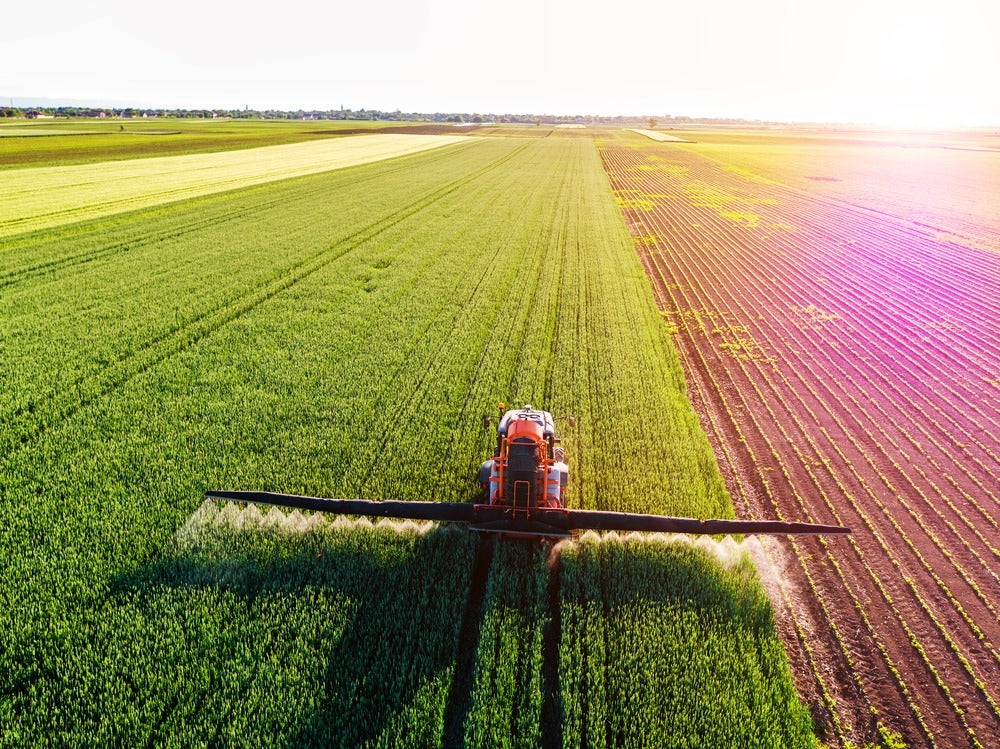According to popular belief, genetically modified organisms (GMOs) have a negative impact on the environment and consumer health.
But a report by Nature Scientific, entitled ‘Impact of genetically engineered maize on agronomic, environmental and toxicological traits: a meta-analysis of 21 years of field data’ argues that non-GMOs have a greater impact on the environment and are more expensive to maintain and produce than non-GMOs.
Meanwhile, organic foods sales are growing in developed countries. For example, the UK organic market is today worth £2.33 billion, according to the Soil Association, and enjoyed 5.3% growth in 2018. Also, some countries, including Ireland, Austria and France, have banned the production of GMOs.
This is driven by a fear of GMOs and the idea that they have a higher carbon footprint and demand a greater amount of pesticides, which are harmful to humans and represent a danger if consumed.
GMO production
In reality, many of these ideas are constructed by ignorance around the production of GMOs. The process for producing GMOs is not new technology. It has been around for decades and it implies the merging of genes containing characteristics that better resist the environmental conditions and aid the reproduction of certain sub-species over the reproduction of those with lower resistance.
More to the point, scientific studies from the Department of Agronomy of Iowa State University show that GMOs have a lower impact on the environment.
How well do you really know your competitors?
Access the most comprehensive Company Profiles on the market, powered by GlobalData. Save hours of research. Gain competitive edge.

Thank you!
Your download email will arrive shortly
Not ready to buy yet? Download a free sample
We are confident about the unique quality of our Company Profiles. However, we want you to make the most beneficial decision for your business, so we offer a free sample that you can download by submitting the below form
By GlobalDataAs the yields of GMOs are higher, much less ground is needed to achieve the same amount of crops that would be needed to grow non-GMOs. This not only means that less land is required, increasing the economic efficiency of the field, but also, more natural environments are preserved from agricultural use. By extension, as studies from Chalmers University of Technology in Sweden show, GMOs leave a lower carbon footprint in terms of square meters of land used.
Soil and pesticides
With regards to soil contamination by the use of pesticides, it is true that the higher the usage, the more dangerous agricultural production becomes for humans.
But keep in mind that GMO crops are selected by their ability to naturally repel insects or resist environmental threats, fewer pesticides are needed in GMO plantations than in non-GMO. Fewer pesticides not only means a cheaper and more economically efficient growth of agricultural products but also healthier crops better suited for consumption.
Lastly, the governmental ban in some countries on GMOs crops is a short-term decision based on the benefits of branding products as non-GMO. In the long term, the overuse of pesticides required by the non-GMO industry will have significant consequences.
The countries and companies following non-GMO practices are losing great economic opportunities from a more efficient, economic and environmentally sustainable way to produce the same food.
The trends driven by misinformed consumers are harming the environment they seek to protect.






Related Company Profiles
Chalmers University of Technology
Iowa State University